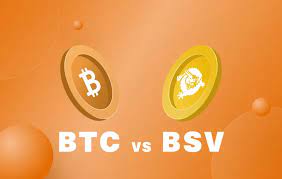In the blockchain world, one famous phrase stands out: “Code is law.” This idea suggests that once rules are written into smart contracts, they should execute automatically without human intervention. At first glance, this seems efficient and fair—no middlemen, no delays, no bias. But the bigger question is: should automated contracts override traditional legal systems?
The answer isn’t simple. On one hand, smart contracts bring speed, transparency, and trust. For example, if you set conditions in a decentralized app, the contract will follow them precisely. This eliminates the risk of manipulation or dishonesty. In theory, it sounds perfect.
On the other hand, real life is more complicated than code. What happens if a bug exists in the contract? Or if the contract is used in bad faith? Traditional legal systems exist to handle disputes, provide fairness, and adapt to unique circumstances. They add a human layer of interpretation that algorithms can’t match.
So, while “code is law” makes sense in the digital economy, it cannot fully replace traditional laws. Instead, the future likely lies in a hybrid model—where smart contracts automate transactions, but legal frameworks remain in place to handle exceptions, disputes, and human rights.
In short, code can guide, but it shouldn’t completely rule. The balance between automation and human judgment is key for blockchain’s long-term success.

